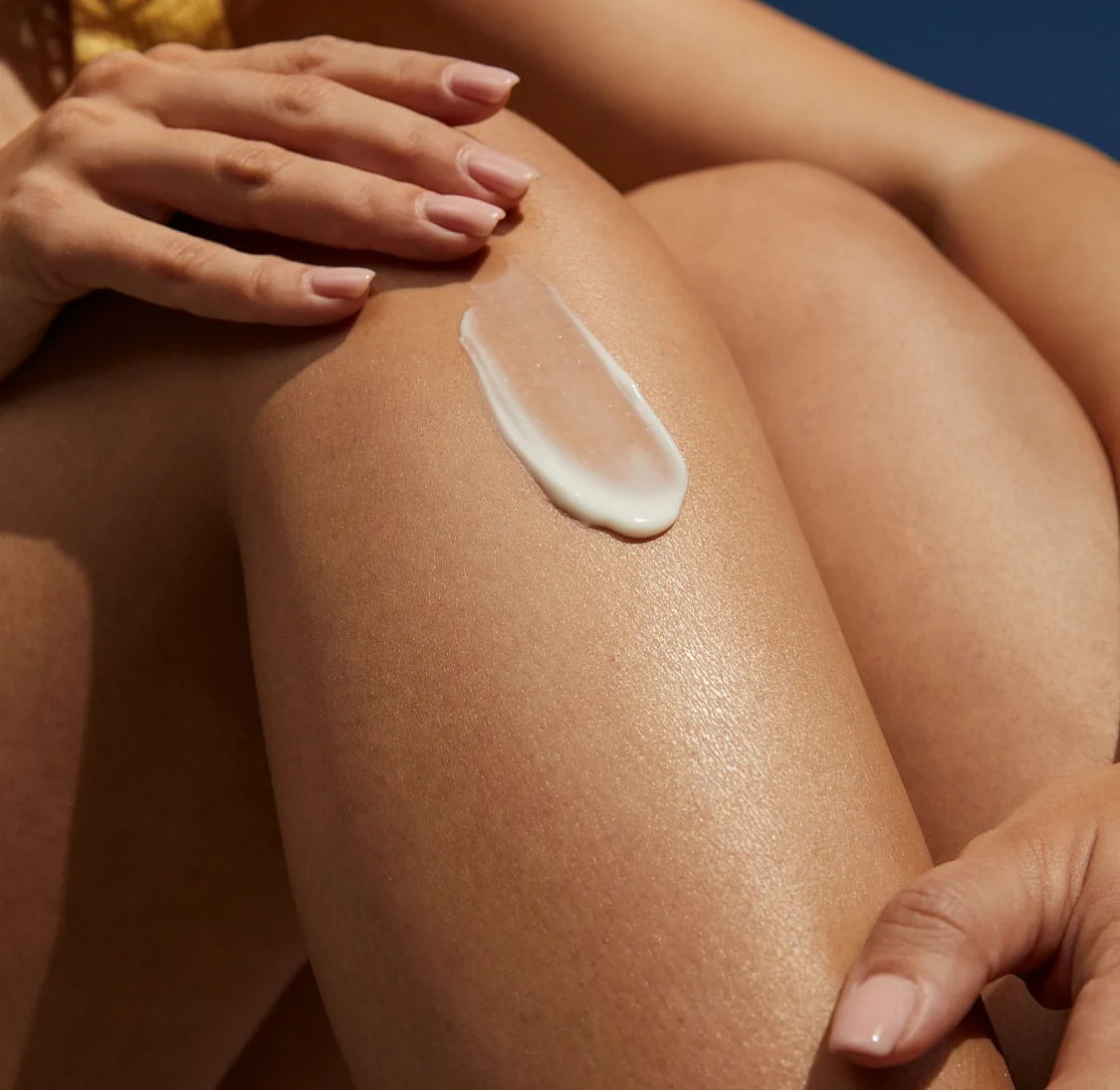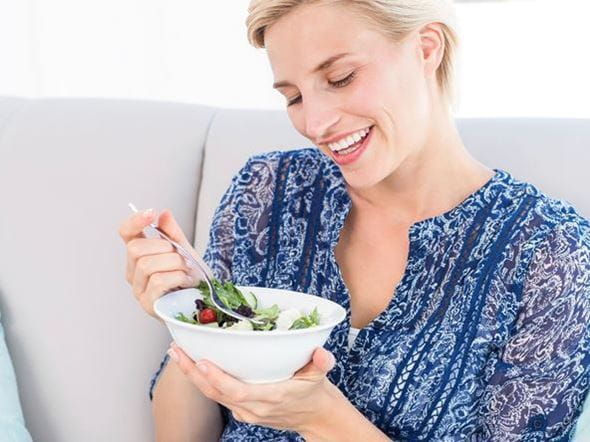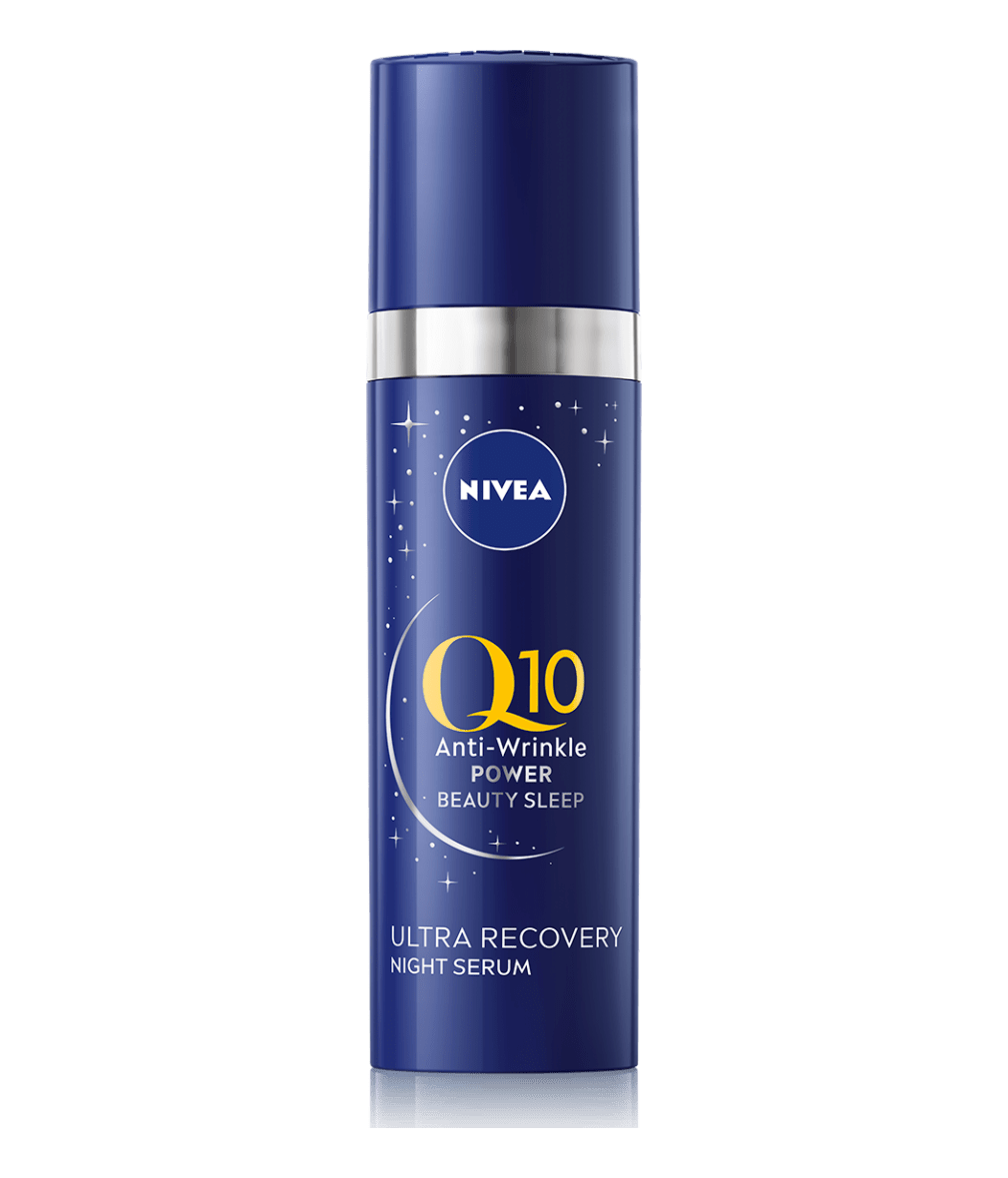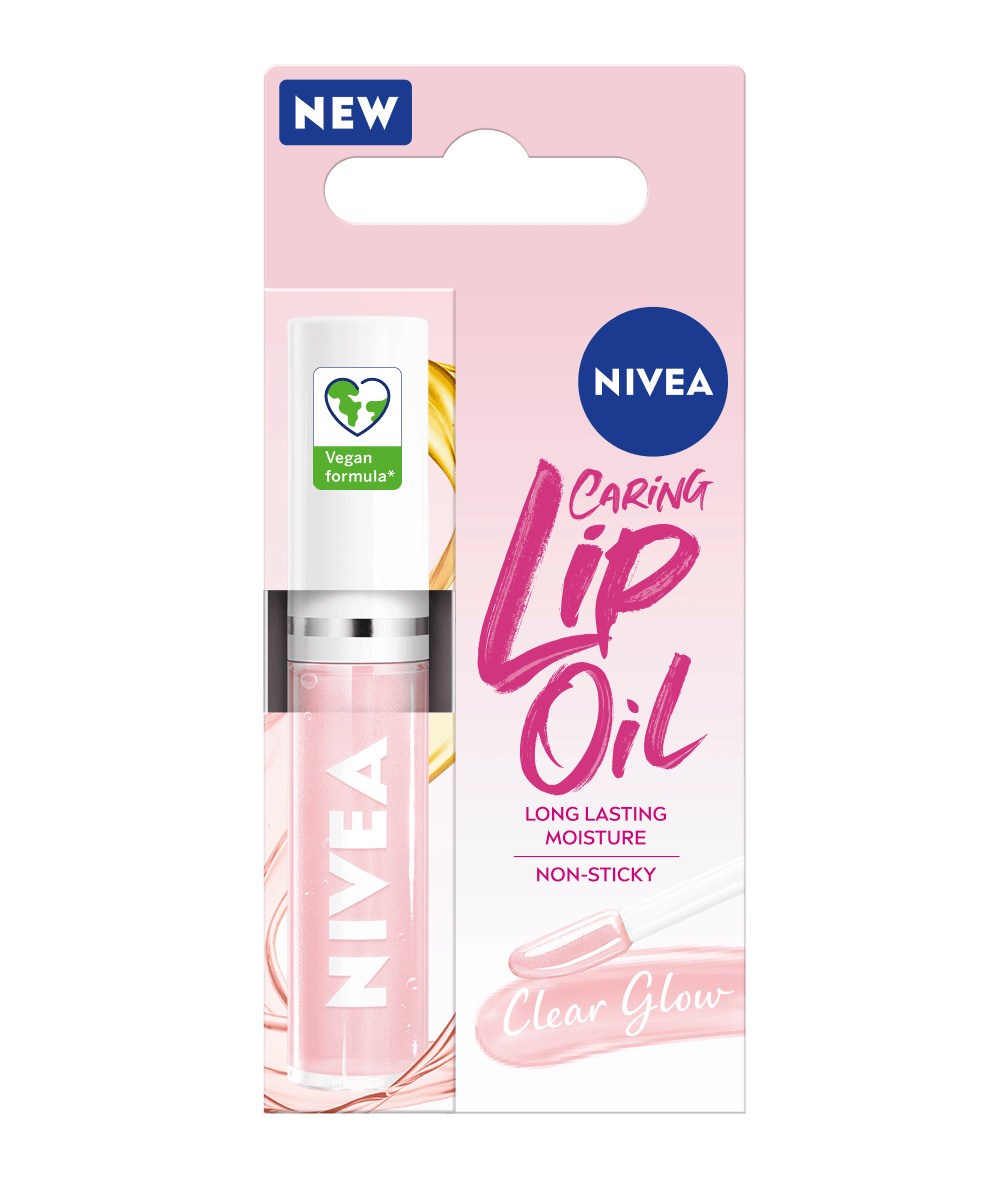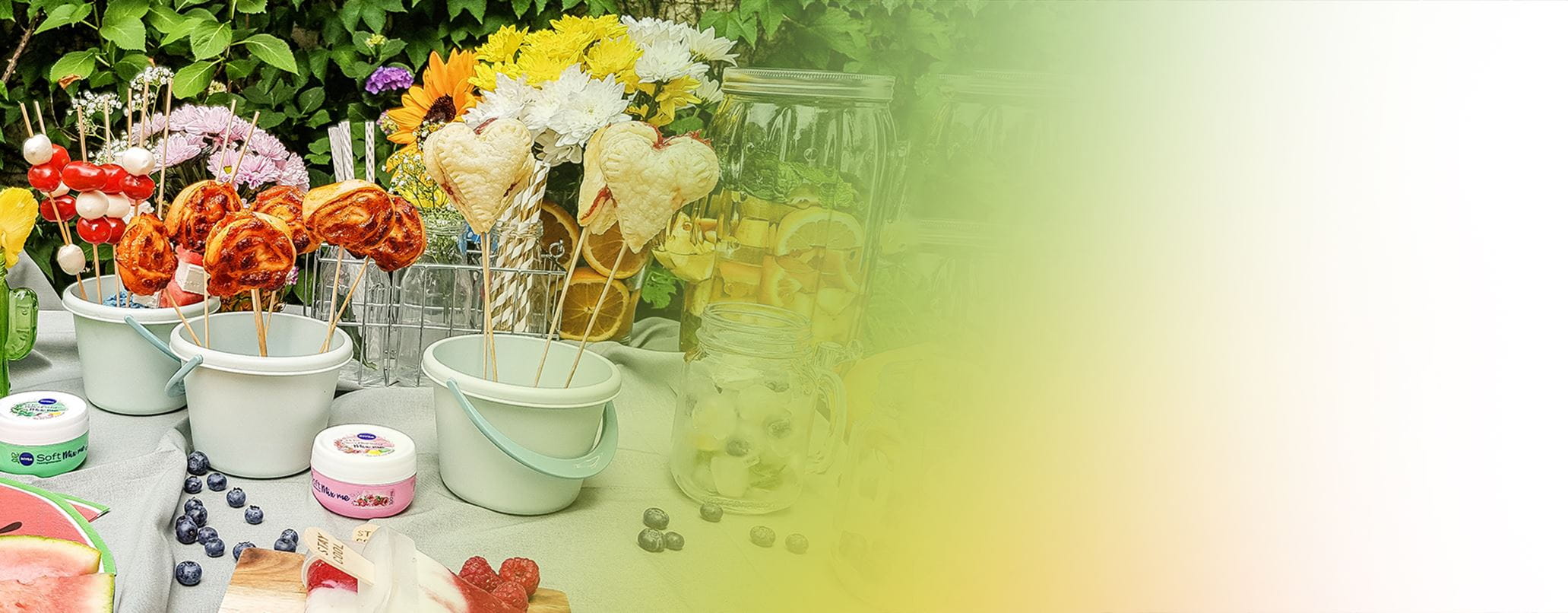
4 Antioxidant Benefits For Skin
Learn all about the powerful anti-ageing effects of antioxidants with NIVEA
What are antioxidants?
Antioxidants are naturally-occurring compounds that can protect your skin from free radicals. They take the form of vitamins and minerals, particularly vitamins A, C and E, and selenium, an essential trace mineral.
Free radicals are highly reactive, unstable molecules that can cause no end of trouble for healthy skin cells. Your body naturally produces free radicals, but it is also exposed to them via external sources, e.g. pollution, UV light and cigarette smoke.
A balance between free radicals and antioxidants is essential for your body to function properly; an excess of free radicals, however, can overwhelm your body’s ability to regulate them, and this can trigger a condition known as oxidative stress. Severe oxidative stress can damage your skin cells, cause inflammation and contribute to the signs of premature skin ageing, i.e. lead to the appearance of fine lines and wrinkles.
Many of our products include antioxidants that counteract the damage caused by free radicals. The NIVEA Q10 range takes full advantage of the powerful antioxidant qualities of Coenzyme Q10, helping recharge and rejuvenate your skin. Our entire Q10 range is specially formulated to support your skin, protect it from damage and slow the ageing process.
The antioxidant benefits for skin
Antioxidant foods for skin
You can find antioxidants in a wide range of fruits and vegetables. And if you’re not a massive fan of the fruits and veggies, you’ll be pleased to hear that antioxidant-rich foods also include nuts and certain meats and fish.
If you’d like to find out more about the foods which are good for your skin, read our guide on the subject.
